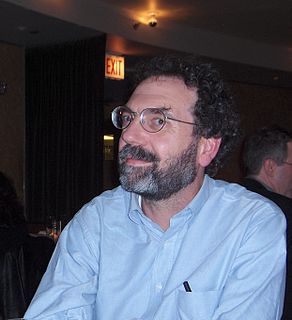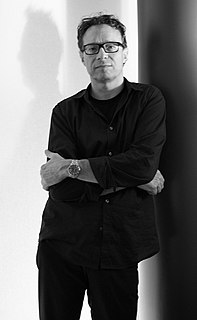A Quote by Oneohtrix Point Never
I've lost so many gigs composing commercial or television music because I can't repress my inclination to work against conventions.
Quote Topics
Related Quotes
We're either awake or we're sleeping. During the time that we're awake, we work very hard at denying things, mainly because we have to function as people. We have to control and repress everything that we're fearful of, because it doesn't make sense to go crazy on the streets, but in reality we hide and we hide, repress and repress, our fears of the world of violence, of separation, of death, and sometimes hopes, and some things that are very joyful, reunions or all of those good things. It's only in dreams that we're really truthful with whatever hurts most; they're really very real.
It's no accident that Julia Child appeared on public television - or educational television, as it used to be called. On a commercial network, a program that actually inspired viewers to get off the couch and spend an hour cooking a meal would be a commercial disaster, for it would mean they were turning off the television to do something else.
If you're looking to freelance, just get as many gigs going as you can, and you can make it work... It's about getting as many side projects as possible, keeping as many balls in the air as you can, and what you're doing, basically, is diversifying your portfolio, with the same kinds of rewards. One falls through, and you still have another one to work on.




































